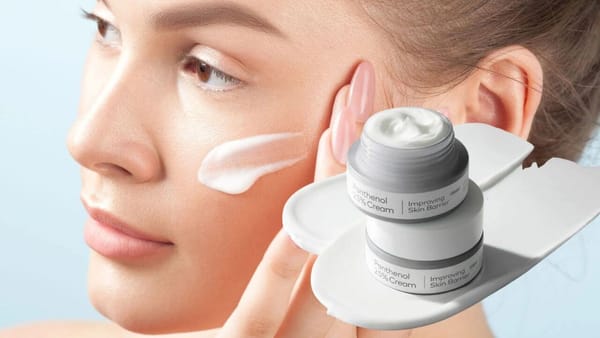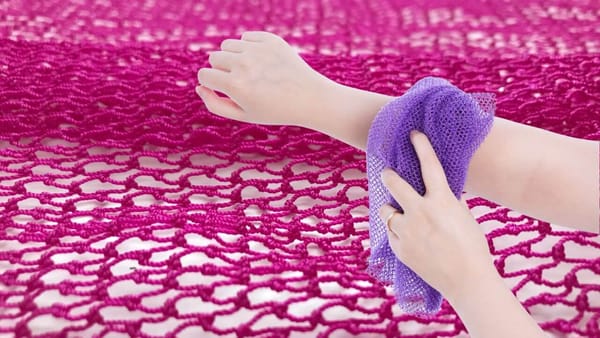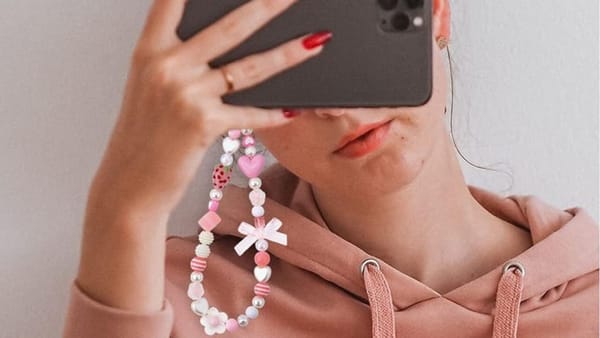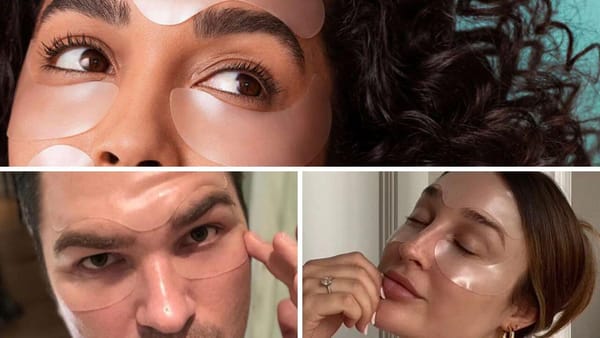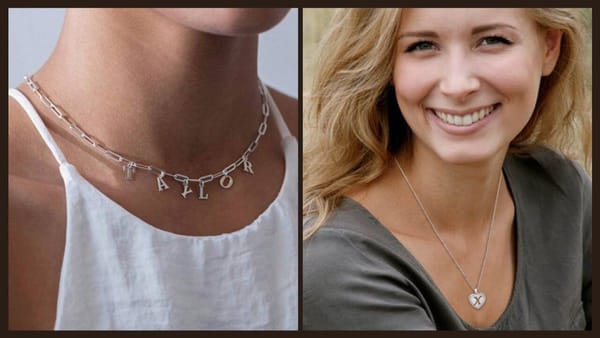Key Takeaways:
- Legal Implications: Buying and selling counterfeit goods can lead to serious legal consequences, including fines and imprisonment.
- Consumer Awareness: Identifying counterfeit products is crucial to avoid supporting illegal activities and protecting intellectual property rights.
- Impact on the Fashion Industry: The sale of counterfeit items affects the economy, brands, and consumers, often funding organized crime.



The Fine Line Between Dupes and Counterfeits
In the bustling world of fashion, the allure of designer items is undeniable. However, not everyone can afford the hefty price tags attached to brands like Louis Vuitton or Gucci. This is where dupe bags come into play. But are dupe bags legal?
The answer isn't as straightforward as one might hope. Dupe bags, often marketed as "inspired by" designer products, walk a fine line between legal knockoffs and illegal counterfeit goods. While they mimic the style of high-end brands, they do not carry the trademarked features that make a product counterfeit.
The distinction between a dupe and a counterfeit item lies in the intent to deceive consumers. Counterfeit products are illegal because they are sold as authentic products, complete with fake trademarks and branding.
On the other hand, dupe bags are typically sold without any false claims of authenticity. However, the legal landscape can be murky, and it's essential for consumers to understand the implications of purchasing these items.
Legal Implications of Buying and Selling Counterfeit Goods
Federal law is clear on the matter: selling counterfeit goods is illegal. The United States, along with many other countries, has strict intellectual property laws designed to protect brands and consumers from the sale of counterfeit items.
Selling counterfeit goods can lead to severe penalties, including hefty fines and imprisonment. This is because counterfeit manufacturers often engage in illegal activities, such as organized crime and child labor.
For consumers, the legal implications of buying counterfeit goods are less severe but still significant. While it is not illegal to buy counterfeit items for personal use, purchasing them supports a market that undermines intellectual property rights and harms the economy.
Moreover, customs and border protection agencies are cracking down on the importation of counterfeit products, which can lead to confiscation and potential legal action against buyers.
Identifying Counterfeit Goods: A Consumer's Guide
With the counterfeit market thriving, it's crucial for consumers to learn how to identify counterfeit goods. One of the most effective ways to spot a fake product is by examining the quality of materials and craftsmanship.
Authentic designer items are made with high-quality materials and meticulous attention to detail, whereas counterfeit goods often cut corners to reduce costs.
Another telltale sign of a counterfeit item is the price. If a deal seems too good to be true, it probably is. Many retailers selling counterfeit goods offer prices significantly lower than the original product, which should raise red flags for consumers.
Additionally, checking for trademark features, such as logos and branding, can help identify counterfeit products. Authentic items will have precise and consistent branding, while fakes often have misspellings or inconsistencies.
The Role of Intellectual Property Rights in the Fashion Industry
Intellectual property rights play a crucial role in protecting the fashion industry from the negative impact of counterfeit goods. These rights ensure that designers and brands can safeguard their creations and maintain their reputation in the market.
Intellectual property laws cover various aspects, including trademarks, patents, and copyrights, which collectively protect the unique elements of designer items.
When intellectual property rights are infringed upon, it not only affects the brand but also the consumers who are deceived into buying counterfeit products. The United Nations Office on Drugs and Crime highlights that counterfeiting is a global issue that requires international cooperation to combat.
By enforcing intellectual property laws, governments can help reduce the prevalence of counterfeit goods and protect the interests of both brands and consumers.
The Economic Impact of Counterfeit Goods
The sale of counterfeit items has far-reaching economic implications. Counterfeit goods undermine legitimate businesses, leading to significant revenue losses for brands and retailers. This, in turn, affects the economy by reducing tax revenues and hindering job creation in the fashion industry.
Moreover, the counterfeit market often funds organized crime, further exacerbating its negative impact on society.
Consumers also suffer from the economic consequences of buying counterfeit goods. Fake products are typically of lower quality and may not have the same effect or longevity as authentic items.
This can lead to dissatisfaction and a loss of trust in brands, ultimately harming the reputation of legitimate businesses. By choosing to purchase authentic products, consumers can support the economy and contribute to the fight against counterfeiting.



Legal Counsel and Consumer Protection
For those who find themselves entangled in the complexities of counterfeit goods, seeking legal counsel is advisable. Lawyers specializing in intellectual property rights can provide guidance on the legal implications of buying and selling counterfeit items.
They can also assist businesses in protecting their trademarks and taking action against counterfeit manufacturers.
Consumer protection agencies also play a vital role in educating the public about the dangers of counterfeit goods. By raising awareness and providing resources for identifying fake products, these organizations help consumers make informed decisions and avoid supporting illegal activities.
Additionally, many brands have implemented measures to protect their customers, such as offering authentication services and educating consumers on how to spot counterfeit items.
The Role of Online Sellers and Marketplaces
The rise of online shopping has made it easier for counterfeit goods to infiltrate the market. Many online sellers and marketplaces offer counterfeit products, often deceiving consumers with professional-looking websites and convincing product descriptions.
To combat this issue, some platforms have implemented strict policies and measures to identify and remove counterfeit items from their sites.
Consumers can also take steps to protect themselves when shopping online. Checking seller reviews, verifying the authenticity of products, and purchasing from reputable retailers are all effective strategies for avoiding counterfeit goods.
By being vigilant and informed, consumers can help reduce the demand for counterfeit items and support legitimate businesses.
The Fashion Industry's Response to Counterfeiting
The fashion industry has taken significant steps to combat the sale of counterfeit goods. Many brands have invested in technology and resources to protect their intellectual property and ensure the authenticity of their products.
For example, some companies use advanced tracking systems and unique identifiers to verify the authenticity of their items.
In addition to technological advancements, the fashion industry has also focused on raising consumer awareness about the dangers of counterfeit goods.
By educating consumers on how to identify fake products and the importance of supporting authentic brands, the industry aims to reduce the demand for counterfeit items and protect its reputation.



Summary
The legality of dupe bags is a complex issue that requires a nuanced understanding of intellectual property rights and the fashion industry's legal landscape. While dupe bags may not carry the same legal implications as counterfeit goods, they still pose challenges for consumers and brands alike.
By staying informed and making conscious purchasing decisions, consumers can help combat the counterfeit market and support the integrity of the fashion industry.
FAQ
Is it illegal to buy counterfeit goods for personal use?
While it is not illegal to purchase counterfeit goods for personal use, purchasing them supports an intellectual property infringement market that undermines property rights and harms the economy. Consumers should be aware of the potential consequences and consider the impact of their purchasing decisions.
How can I identify counterfeit goods when shopping online?
To identify counterfeit goods online, check seller reviews, verify the authenticity of products, and purchase from reputable retailers. Be cautious of deals that seem too good to be true and look for inconsistencies in branding and product descriptions.
What should I do if I suspect a product is counterfeit?
If you suspect a product is counterfeit, report it to the retailer or platform where it was purchased. You can also contact the brand directly to verify the authenticity of the item and seek guidance on how to proceed.










